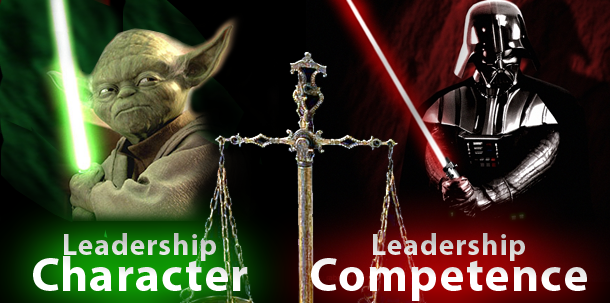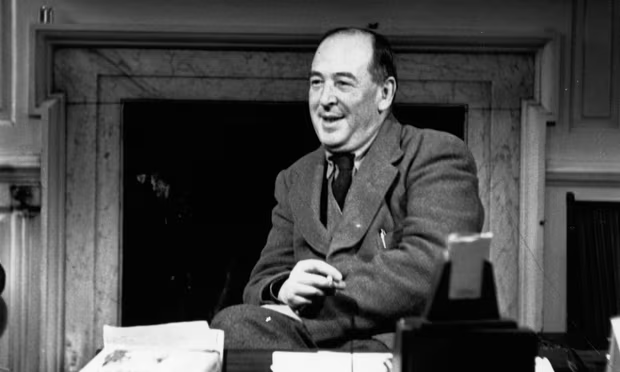
One Thing Christians Should Not Do When They Talk About Politics
Demonizing political opponents Some say Christians should just avoid talk about politics. Many Evangelicals think Christians should talk more about

Demonizing political opponents Some say Christians should just avoid talk about politics. Many Evangelicals think Christians should talk more about

As those who want to see the kingdom of God continue to expand on the earth, we must be able

Well, the people have spoken, and we now know who our president will be come January. How should a Christian

It is becoming clear the defining moral issue of the younger generation is sexual identity. It is also clear that

Did God save Donald Trump from assassination in Pennsylvania? When I first read about the attempted assassination of Donald Trump,

Ireland-Scotland Travel Devotional – Day 8: Northern Ireland – I’ve often said the existence keys are the best evidence we

Christians often overlook the dangers of the echo chambers modern media presents. How it used to be When I was

C.S Lewis on Politics and His Ministry: We are in the middle of a political season, and I already feel

It’s election season again in the USA, and while anything can happen, it certainly appears it will be Trump v.
I drafted this post years ago and never published it. It was drafted during the one of the presidential primary
I have a relative who is a Christian and constantly posts on Facebook derogatory comments about Joe Biden and and
So, today for the first time in history, man intentionally hit an astroid with a projectile and altered its course.
I have to admit, I didn’t think I would see it in my lifetime. I had hoped, and hopefully done
Some of you may recall that Duck Dynasty patriarch, Phil Robertson, in an interview with GQ Magazine, once paraphrased I Corinthians
After Jesus was resurrected and had gathered His disciples together, the disciples asked, “Lord is it at this time You
Brainwashing is a terrible thing. It’s what happens when a person is exposed to only one point of view and
It’s no secret the Patriarch of the Russian Orthodox Church has supported Vladimir Putin and his barbaric invasion of Ukraine.
I don’t think there has ever been a time in my life when I have been more embarrassed for my

An entertaining plot The Wife and I watched the movie, Red Notice, tonight. It’s not going to win any Academy
The church has made some terrible choices throughout history for which it has paid dearly. American Christians choosing economics (slavery)
Signup our newsletter to get update information, promotions and insight.